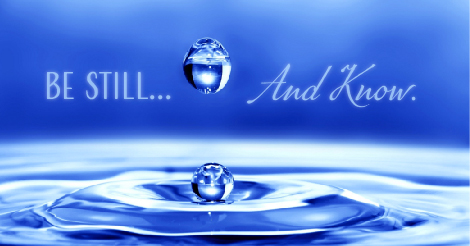Today’s scripture: Genesis 6:5-8; 9:8-17 (ESV-text and audio) (KJV) (The Message) What might God be saying to me?
My thoughts (Keith Phillips):
Note, first, that God did not destroy the world with the flood because God was angry. “And the Lord was sorry that [the Lord] had made humankind on the earth, and it grieved [the Lord] to [the Lord’s] heart” (Genesis 6:6, NRSV). I imagine that for God it was like being a parent saddened over the alienation or the incorrigibleness of a child. The “very good” of 1:31 at creation is now “I will blot out” (6:7). The heavenly Parent sees no alternative but to resort to very tough love. God’s tears, not God’s anger, produces the flood.
But in the midst of the flood a strange thing happens within the grieved heart of God — God changes God’s mind. God is free to do that, and occasionally does. Clearly, God’s assessment of humanity does not change. After the flood God states, “the inclination of the human heart is evil from youth” (8:21), which is essentially what the Lord observed before the flood (6:5). We simply do not live up to God’s hopes for us; and no amount of positive thinking or hard work on our part, or “tough love” on God’s part will change that. And, maybe for the first time, God realized it.
So God makes an unconditional, all-inclusive, unilateral, eternal covenant. God resolves to stick with humanity, no matter what. God’s relationship with us is to be one of unqualified grace. There may be death and destruction in our lives and in our world, but they are not a consequence of God’s anger toward us or rejection of us.
God changes God’s mind because in the midst of the flood God remembers Noah (8:1). I love how The Message paraphrases Genesis 6:8 — “But Noah was different. God liked what [God] saw in Noah.” Noah was different from all the people around him; he was, so to speak, queer. And God liked that. I tend to think the difference was not that Noah was perfect (take a look at Genesis 9:23-27!), but rather that he knew who he was: he accepted his own creatureliness and was willing to let God be God.
God remembered Noah, and God’s mind was changed regarding humanity. From that point on, God promised never again to attempt to destroy humankind. Instead, God sticks with us, as incorrigible as we are. God’s grace abounds.
The sign of this decision, of this covenant, of this pledge to humanity is the rainbow. It’s a wonderful thing that the rainbow is one of the symbols of the LGBTQ community. Certainly, it reminds us of our diversity, of the diversity of all humanity. But in the context of Noah and the flood, it is the promise that God accepts us, all of us, just as we are.
Prayer for the day: Thank you, Lord, for accepting me as I am, sometimes good, sometimes even evil, always gay. But you stick with me, nevertheless. Whenever I see a rainbow, I’ll remember your promise to do so, just as you remember it, too. Amen.
We encourage you to include a time of prayer with this reading. If you need a place to get started, consider the guidelines on the How to Pray page.

